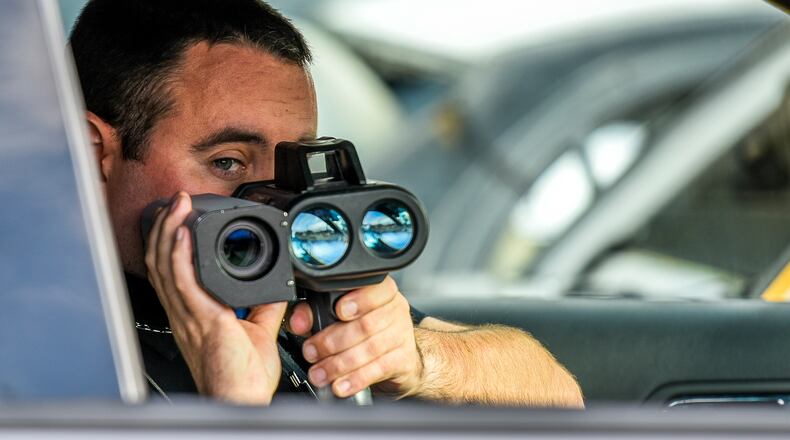RELATED: Lawmakers look to make it harder for cities to use traffic cameras
Henley said he is unconcerned about the potential loss of local government funds.
“I don’t really understand it because they’ve cut the small governments so much in the last few years anyway,” Henley said. “They send us hardly any money at all anymore. So big deal.”
Henley said if the law takes effect in July, he knows the issue will go to court again — with the big cities filing the lawsuits — so the village will let the “big people fight it out.”
Dayton Mayor Nan Whaley has vowed to take the legislature to court again over this.
“We already won this battle in the Supreme Court. Let us not have the same fight again,” Whaley said. “We will sue again. We will win again.”
MORE: New Miami testing new technology to catch speeders
Since the village re-booted its speed camera program in 2016, it collected $783,969 through June of last year from the speed cameras.
The village had $270,099 in net revenue from the cameras in 2018, and it received $52,448 in local government funds.
The tiny, cash strapped village is still clenched in litigation with about 3,300 speeders over the original pole-mounted speed cameras that were deemed unconstitutional in 2014. A judge has decided the village must repay the speeders an estimated $3.2 million.
About the Author
